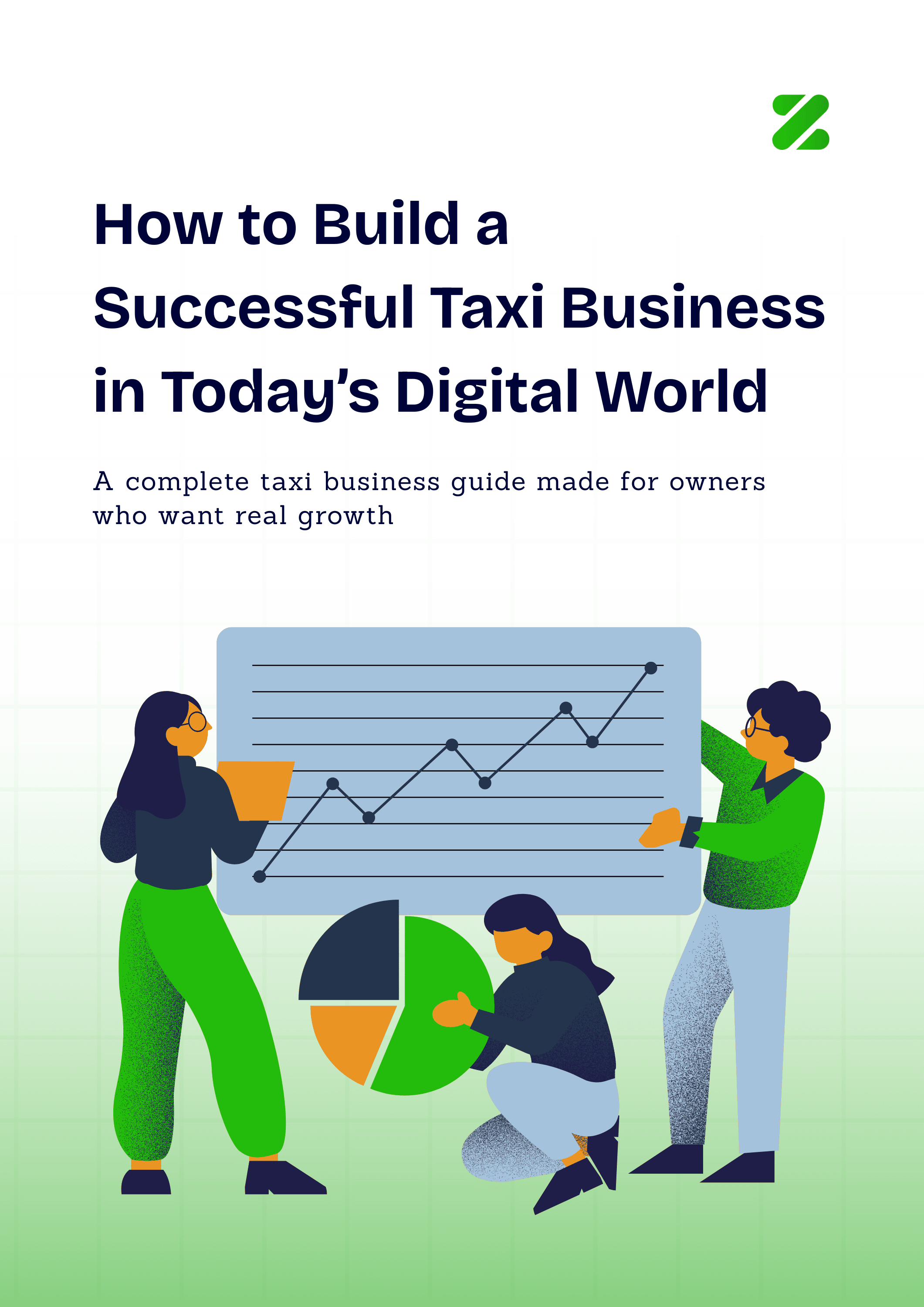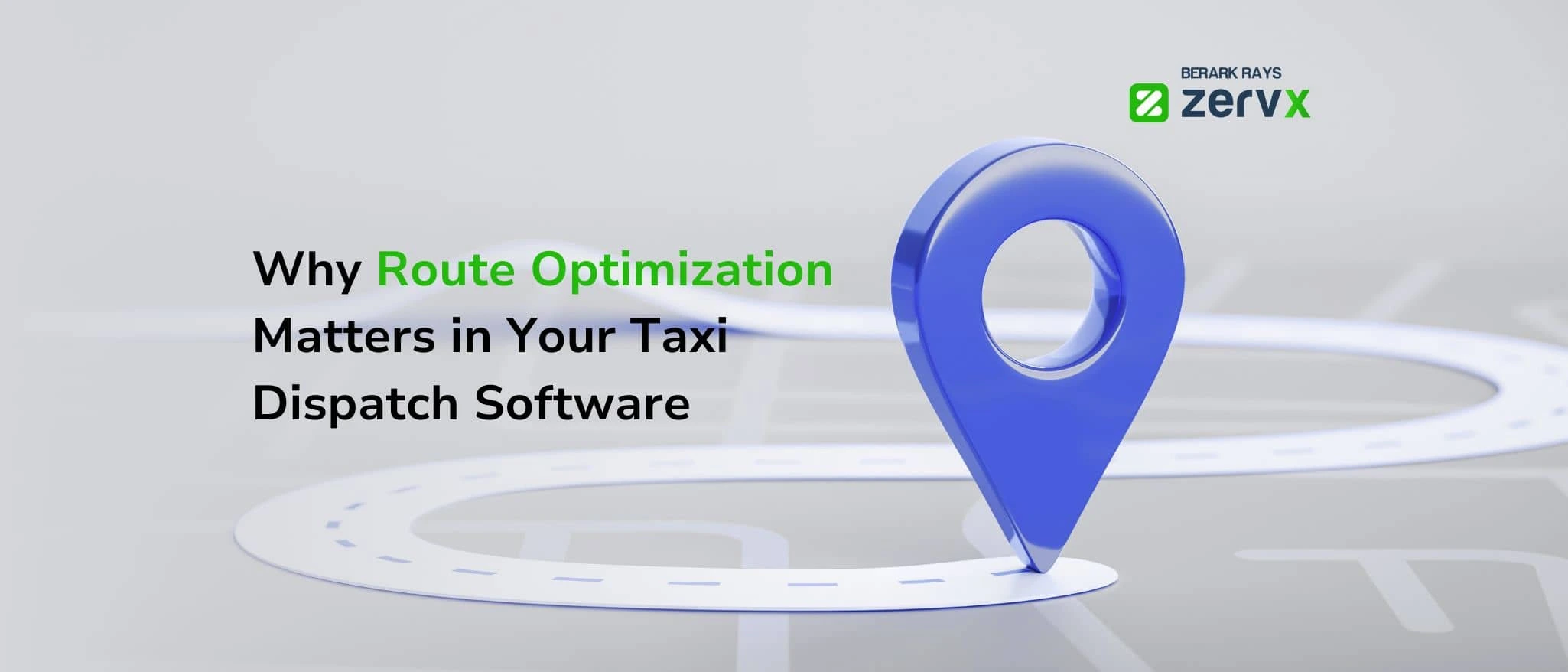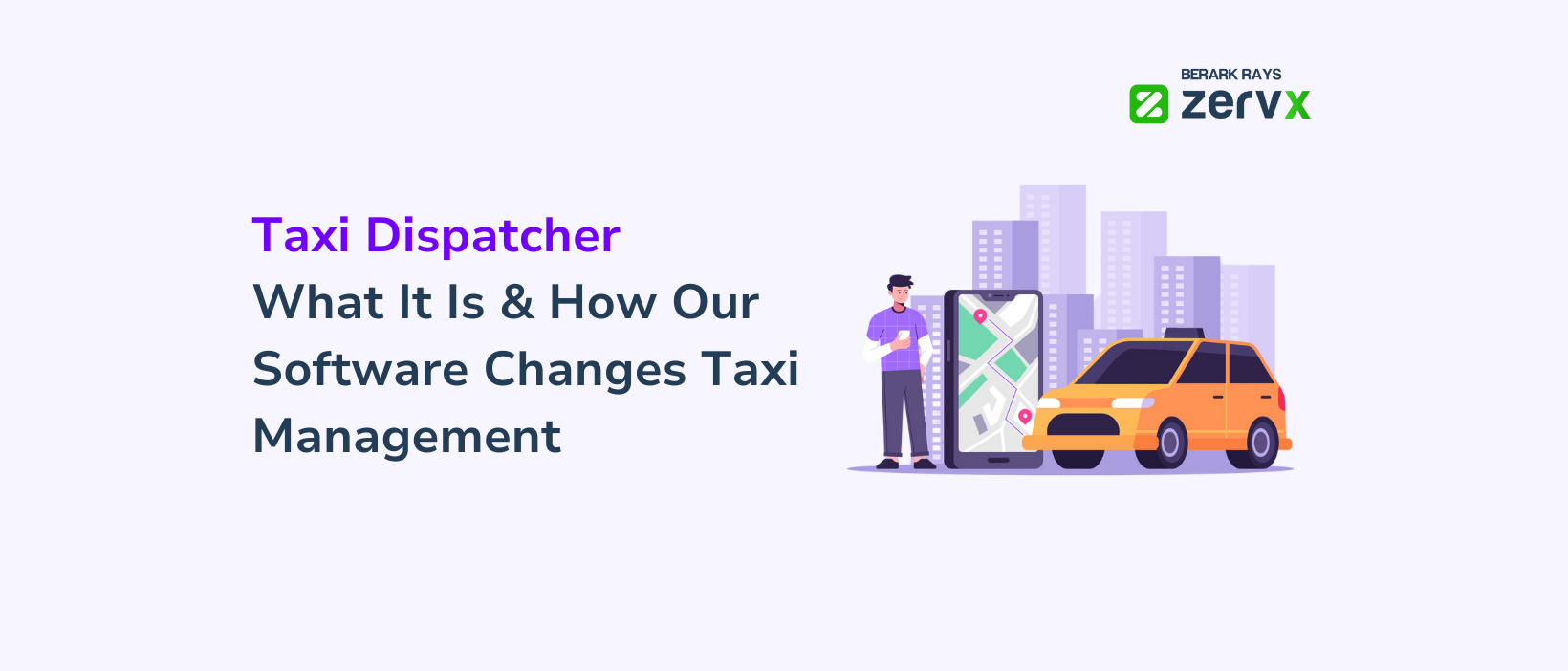The fact that you're exploring taxi app development shows you're serious about growing your business and meeting today’s customer expectations. That’s a great first step.
If you want speed, lower costs, and less technical hassle go for a ready-made taxi app solution. It works well for most taxi businesses, especially if you're focused on local operations.
If you're launching a new mobility brand or need something unique that can scale fast build your taxi app with full control. Just be ready to invest in time, money, and a skilled tech team.
There’s no one-size-fits-all answer. But there is a right fit for your business goals.
If you're unsure where to begin, start small. Use a white-label app, test your market, gather feedback, and grow from there. You can always upgrade later.
No matter which path you choose, the goal is the same: give passengers a smooth experience, help your drivers earn more, and make your operations simpler.
And with the right partner, you can achieve all three.




